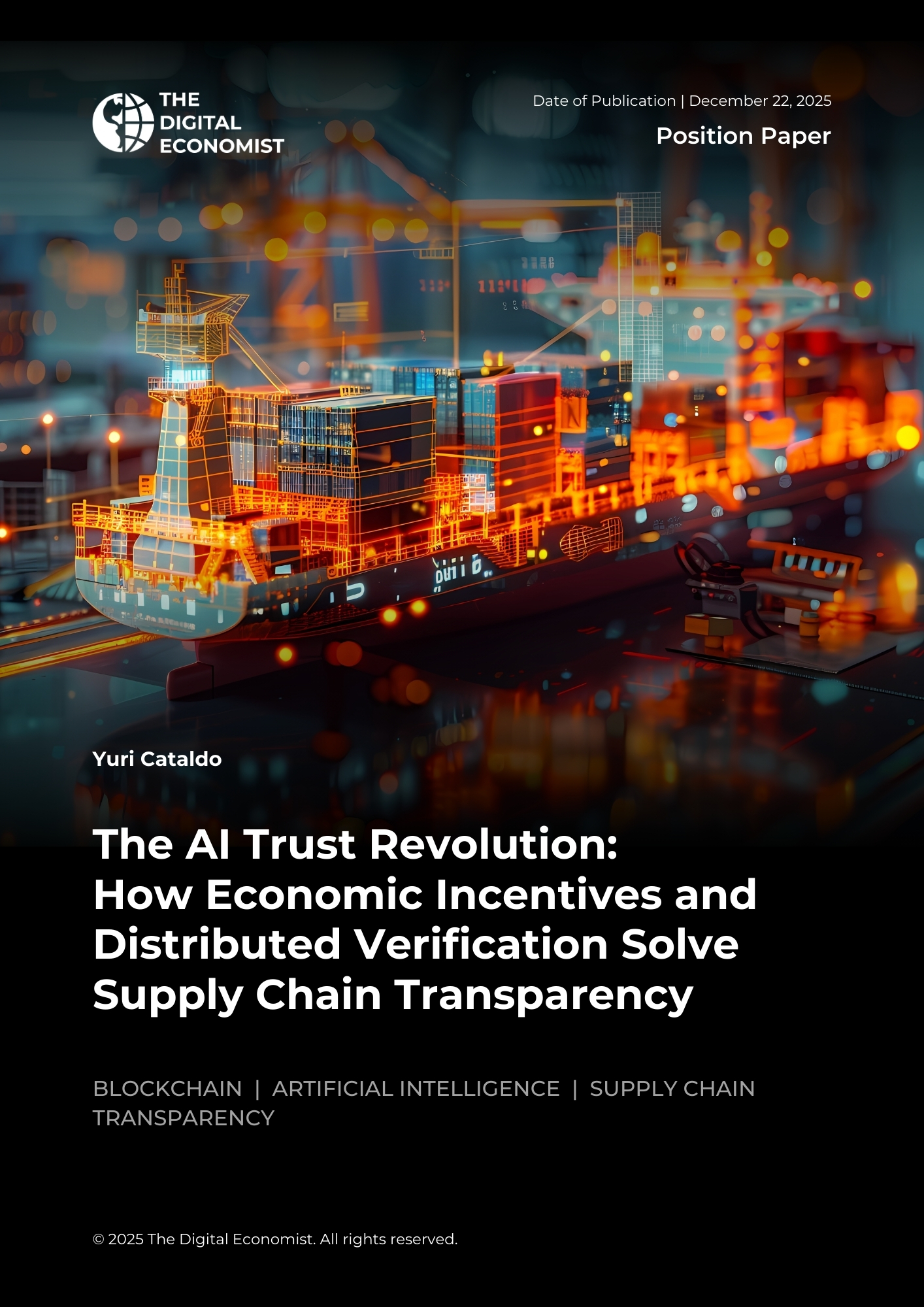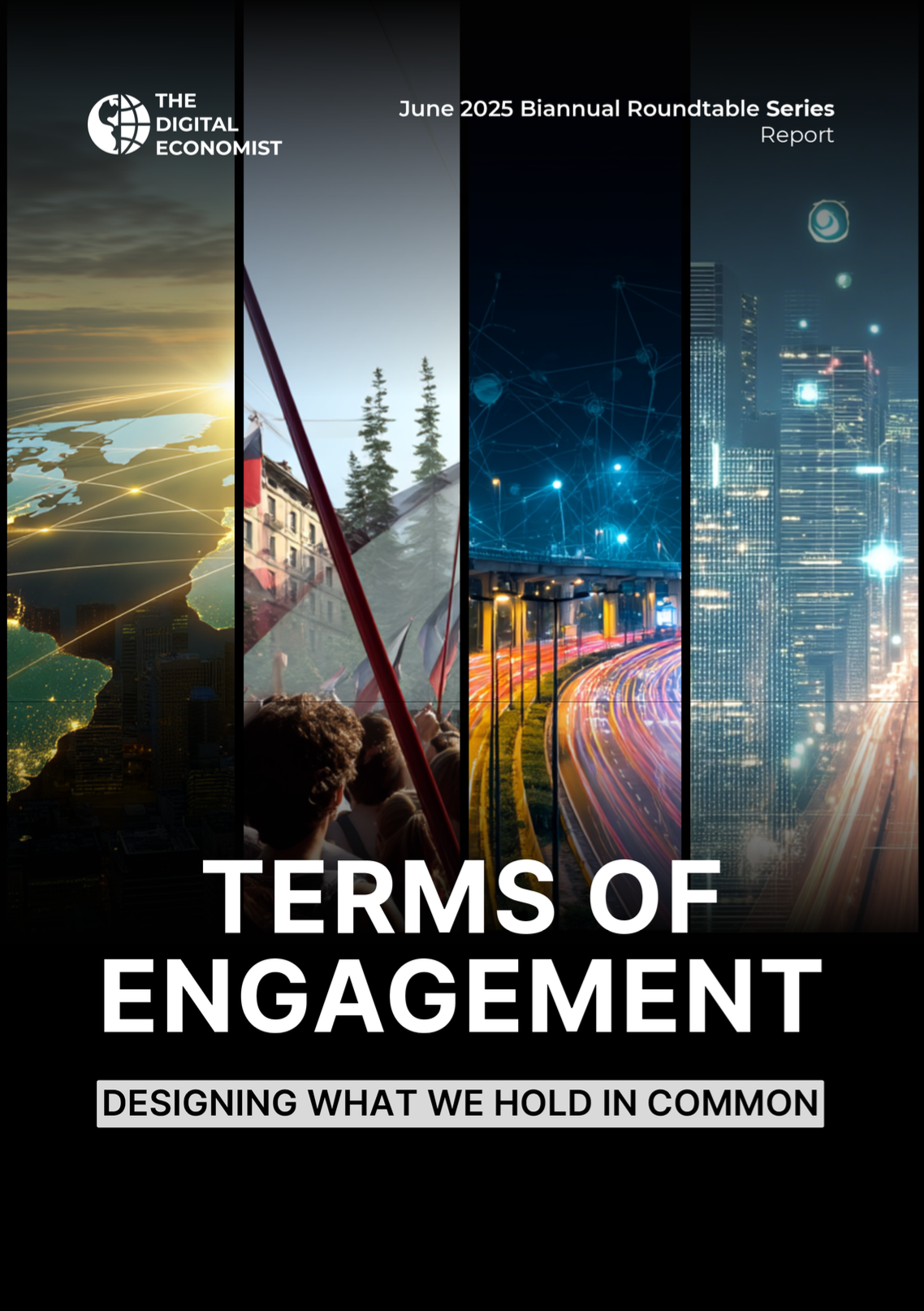
This policy paper examines the critical intersection of artificial intelligence (AI) and ethics, emphasizing the importance of ethical considerations in the deployment of AI technologies. The author argues that while AI can drive significant efficiencies and innovation, its unchecked use can lead to biases, privacy violations, and compliance issues. The paper introduces the concept of "ethical AI ROI," which extends beyond traditional financial metrics to include factors such as risk mitigation, stakeholder trust, and long-term sustainability. It proposes a framework for organizations to assess the potential returns and risks associated with ethical AI initiatives, highlighting the necessity of embedding ethical principles into AI strategies as a means to enhance competitive advantage. Through case studies and practical insights, the paper advocates for a proactive approach to AI ethics that aligns economic interests with societal well-being, ultimately fostering a responsible and sustainable digital economy.



